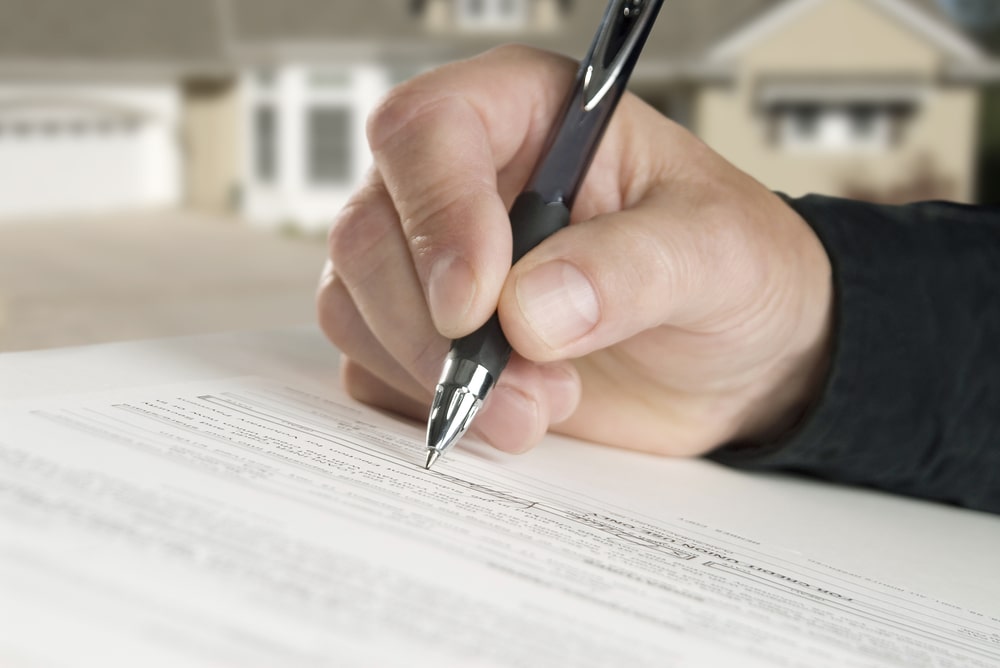Leasing commercial or residential properties can be a lucrative investment, but it also comes with its fair share of legal complexities. From drafting lease agreements to resolving disputes between landlords and tenants, there are various legal issues that can arise throughout the leasing process. Our friends at Eric Siegel Law have graciously provided more information as well as a list of potential issues that you might encounter:
Understanding Lease Agreements
A lease agreement is a legally binding contract that outlines the terms and conditions of the rental arrangement between a landlord and a tenant. Some key provisions typically included in lease agreements are:
- Rent Payment: The lease agreement specifies the amount of rent to be paid, the due date, and any late fees or penalties for late payments. The agreement should also outline when the landlord can make changes to the rent such as increasing it.
- Lease Term: The duration of the lease term, including the start and end dates, is outlined in the lease agreement.
- Security Deposit: The lease agreement may require the tenant to pay a security deposit to cover any damages to the property beyond normal wear and tear.
- Maintenance and Repairs: The responsibilities of the landlord and tenant regarding property maintenance, repairs, and upkeep are defined in the lease agreement.
- Use of Property: The lease agreement specifies how the property can be used and any restrictions on activities or businesses conducted on the premises. This can also include what alterations can be made to a backyard, for example.
Common Legal Issues
- Lease Violations: Disputes may arise when either the landlord or tenant fails to comply with the terms of the lease agreement. Common lease violations include non-payment of rent, unauthorized alterations to the property, and breaches of lease covenants.
- Evictions: When tenants fail to pay rent or violate lease terms, landlords may need to initiate eviction proceedings with the help of a to regain possession of the property. Eviction laws and procedures vary by jurisdiction and must be followed carefully to avoid legal complications as a real estate litigation lawyer can explain to you.
- Property Damage: Disputes over property damage, security deposit deductions, and liability for repairs can lead to legal conflicts between landlords and tenants. Clear documentation and communication are essential for resolving such disputes effectively.
- Lease Renewals and Terminations: Issues may arise regarding lease renewals, terminations, and leasehold interests. Understanding the rights and obligations of both parties under the lease agreement is crucial for navigating these matters.
Whether you’re a landlord seeking to enforce lease terms or a tenant facing eviction proceedings, lawyers can offer strategic guidance and representation to protect your interests. Leasing commercial or residential properties can be a complex endeavor, fraught with potential legal pitfalls. By understanding the common legal issues that can arise in lease agreements and enlisting the help of experienced legal professionals, landlords and tenants can effectively address and resolve disputes, ensuring a smooth and successful leasing experience. Contact a lawyer near you today to learn more about how they can assist you with your real estate litigation needs.

